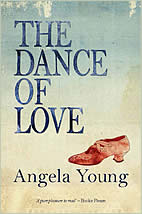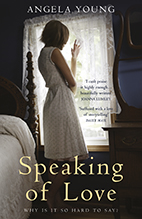On 5 May 2011 a referendum on electoral reform was held in the UK: 68% of us voted No; 32% (including me) voted Yes; the turnout was 42%. We weren’t collectively brave enough, or we were too frightened of change to vote Yes conclusively (or to vote at all).
Last Thursday, 7 May 2015, a Conservative government was elected with a majority of 12 seats under our first-past-the-post voting system: their share of the vote was 37% (or 11.3 million votes). Labour was defeated, but its share of the vote was 30% (or 9.3 million votes). The difference in seats between the Conservative party and the Labour party was 99 despite the 7% difference in share of the vote (the turnout was 66%). The first-past-the-post system doesn’t represent actual votes cast.
On 11 May Dr Henning Meyer, who writes about social democracy for Social Europe, wrote about whether or not proportional representation could save the United Kingdom. Here’s an extract:
A continental-style, more representative electoral system fostering cooperation rather than confrontation would in my view be a significant means to moderate the political forces ripping the Union apart. At the same time, such a system would deliver outcomes that have more legitimacy outside England as it involves a process of coalition and wider political representation … [and would] incentivise the creation of a unifying, countrywide politics rather than prioritising electioneering in specific target areas.
If the UK’s voting system was proportionately representative (and I know there are several possible systems) the difference in numbers of seats won by the Conservative party and the Labour party on 7 May would have been less than half what it actually was under what the Electoral Reform Society call a ‘fair voting system’. And of course the other seats would have been distributed more fairly among the smaller parties. One day, let’s hope, we’ll be inspired to make the change.
Talking of inspiration, on 22 April my sister Sue Tribolini and I talked about what inspiration might be and how to tap into it, on her Invisible Dimension radio show. We actually made the thing I’d love to have made, this month, together. I said jewels inhabit our unconscious minds, jewels formed from the things we experience (not just literally, but the things we read, discover, think and feel), but that we ‘forget’ these jewels. I said inspiration is the link we make between the ‘forgotten’ jewels (which form just the way minerals become precious stones before they’re mined) and our imaginations, through writing techniques like morning pages. (By the way Dorothea Brande in her essential Becoming a Writer talked about morning pages years before anyone else.) It’s just like mining, really, only without a torch and without the physical hardship or danger.





Leave a Reply